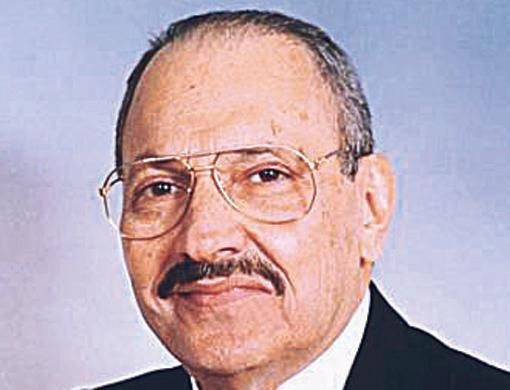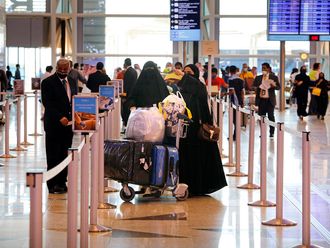Riyadh: A brother of Saudi Arabia's King Abdullah Bin Abdul Aziz has started a rare public debate over the succession by questioning the appointment of the kingdom's interior minister as second deputy prime minister - a position that would normally place him second in line to the throne.
The statement, by Prince Talal Bin Abdul Aziz, came after the Saudi royal court announced on Friday the appointment of Prince Nayef Bin Abdul Aziz as second deputy prime minister, a promotion that means he will run the kingdom when the monarch and crown prince are away.
The role would normally go to First Deputy Prime Minister Crown Prince Sultan Bin Abdul Aziz, but he is convalescing in the United States after surgery earlier this year.
Prince Talal said the monarch needs to make sure the appointment served purely an "administrative purpose".
"I call on the royal court to clarify what is meant by this nomination and that it does not mean that he [Prince Nayef] will become crown prince," Prince Talal said in a faxed statement sent to Reuters.
"The latest nomination of the second deputy prime minister will give the impression that he will automatically become crown prince," said Prince Talal, who is also the father of billionaire businessman Prince Al Waleed Bin Talal.
The statement was authenticated by a personal assistant of Prince Talal, who like both King Abdullah and Prince Nayef is a son of the kingdom's founder, the late King Abdul Aziz Al Saud.
Prince Talal said the appointment of Prince Nayef as crown prince should be decided by the Allegiance Council, made up of the most prominent members of the Al Saud family who would vote to appoint future crown princes.
The decision to set up the council in 2006 aimed at replacing an even more opaque previous policy consisting of naming "the eldest and most able" son of late King Abdul Aziz to the post of Crown Prince.
Prince Nayef is perceived as one of the most conservative forces in the kingdom and an opponent of reforms that may reduce the clout of both the monarchy and the religious establishment in the kingdom.
He told reporters earlier this week that he does not see a need either for women to be members of a quasi-parliament or elections to its membership.
Prince Talal, on the other hand, has long been one of the most vocal supporters of reforms among the ruling Al Saud family.
An Interior Ministry spokesman declined to comment on the statement saying that only the royal court was eligible to comment on such issues. The court's public relations officials could not immediately be reached for comment.
Western diplomats and analysts said Prince Nayef's appointment improve his chances of becoming the next crown prince.
"There is no other explanation to this appointment. Prince Talal's statement reflects this," said Khalid Al Dakhil, a political science lecturer at King Saud University.
A diplomat added: "It is fair to talk about the Allegiance Council if there is a vacancy. Prince Nayef's appointment suggests the inevitability that he is to become crown prince."
A Saudi analyst close to official circles said Prince Nayef's appointment followed discussions among the top members of the royal family, but could not say if Prince Talal took part in these talks.
"Everything is possible behind those closed doors, they have agreed. The law allows the King to name one deputy or several deputies or remove them ... The allegiance council is not needed now since the position of crown prince is not vacant."
The appointment of Prince Nayef, which a royal decree said was "made in the interest of the public good", will put the interior minister in charge of running Saudia Arabia during an expected two-week absence by King Abdullah.










